Rapper BG ordered to have all future songs approved by US government
A US judge ruled rapper BG must submit future songs for government approval while on supervised release.
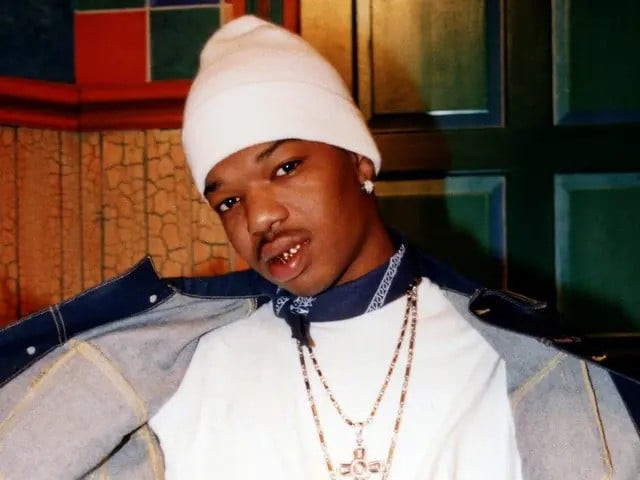
A US federal judge has ruled that rapper BG, whose legal name is Christopher Dorsey, must submit all future songs to the government for approval while on supervised release from prison. The mixed ruling from US District Court Judge Susie Morgan came on Friday, sparking debate over free speech and the justice system.
Judge Morgan denied prosecutors' request to prohibit Dorsey from promoting and glorifying gun violence and murder in his music, citing potential violations of his constitutional right to free speech. However, she ruled that Dorsey must provide copies of any songs he writes to the government before production or promotion. If the lyrics are deemed inconsistent with his rehabilitation goals, prosecutors can seek to toughen the terms of his supervised release.
“Everything has changed in terms of how I feel about the so-called justice system,” Dorsey told Bustle. “We’re in such an interesting moment when it comes to [the question of], ‘What is a felon?’ I love what people have been sharing on social media, [saying that] if a person who is a convicted felon can still run for president, then we should be removing that box from job applications.”
Dorsey, a member of the 1990s rap group Hot Boys, was under scrutiny after performing at a concert in Las Vegas alongside fellow rapper Boosie and releasing an album with Grammy nominee Gucci Mane. Both Boosie (Torence Hatch Jr) and Gucci Mane (Radric Davis) have prior felony convictions, which Dorsey’s supervised release conditions prohibit him from associating with without permission. Prosecutors argued that Dorsey did not obtain necessary clearance and cited lyrics that exalted individuals serving life sentences for gang-related crimes.
Prosecutors requested that Dorsey be prohibited from promoting gun violence and threats against police informants in his music. They argued that such lyrics are inconsistent with his rehabilitation goals and echoed conduct that led to his prior imprisonment. Dorsey’s attorneys, Billy Gibbens and David Chesnoff, contended that preemptively restricting his lyrics would constitute an unconstitutional prior restraint of free speech.
In her ruling, Judge Morgan acknowledged the legitimacy of prosecutors' concerns but declined to impose a blanket ban on certain subject matter in Dorsey’s music. Instead, she required him to submit his lyrics for review, allowing prosecutors to request modifications to his supervised release terms if the lyrics conflict with rehabilitation goals. Additionally, Dorsey must not associate with individuals with prior felony convictions without permission and is required to complete 400 hours of community service.
Dorsey, known for his hit single "Bling Bling," received a 14-year prison sentence in 2012 after pleading guilty to illegal gun possession. He began a two-year period of federal supervision in February 2023 after being transferred to a halfway house in late 2022. The public’s interest in his case has been fueled by hopes for a Hot Boys reunion.
Music industry figures like Megan Thee Stallion, Jay-Z, Coldplay, and Christina Aguilera have criticized the use of rap lyrics as evidence in criminal cases, arguing that it disproportionately targets Black artists. Dorsey’s case continues to highlight the contentious intersection of free speech, artistic expression, and the justice system in the United States.

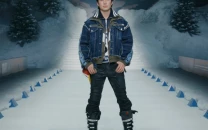
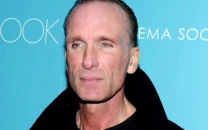
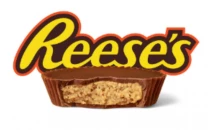
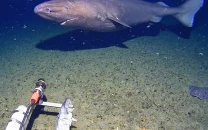
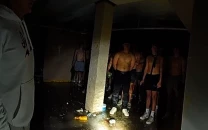
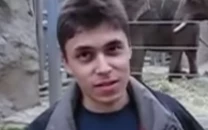












COMMENTS
Comments are moderated and generally will be posted if they are on-topic and not abusive.
For more information, please see our Comments FAQ